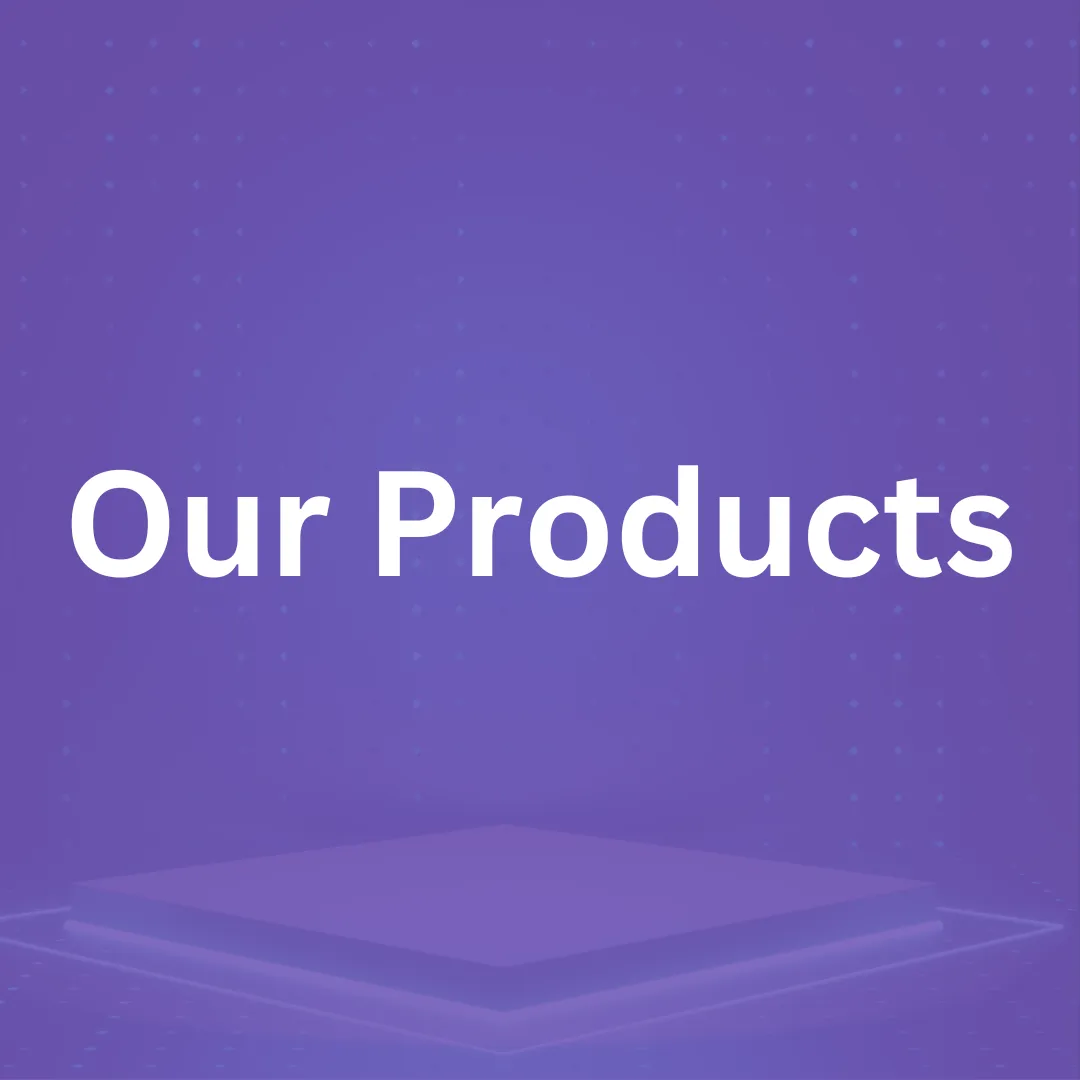Apply For Our Highest Reviewed Free Training
Proven Models For Tapping Into A Trillion Dollar Infrastructure
So you can finally create reliable income online without tons of experience, money, or time
Apply at the button below so we can serve you the most relevant training to where you are at & what you are wanting to do!


Who we are...
“ProductOrigins” is a training & education platform that can help you tap into the 5.2 trillion dollar e-commerce industry (reaching about 8.1 trillion dollars by 2026).
Our mission is to help anyone get their share of this pie from anywhere in the world.
Featured Articles

The Ultimate Guide to Starting on Amazon
An introductory guide to selling on Amazon for beginners, covering account setup, product selection, and the basics of Amazon selling. ...more
Amazon FBA Basics & Set up ,RGT | Amazon Getting Started
November 12, 2023•11 min read
Join Our Value Based Email Newsletter
Daily Dose of Motivation, Information, & Actionable Intelligence To Make You Better & More Money

© 2025 Company Name - All Rights Reserved, produtorigins . Maecenas commodo suscipit tortor, vel tristique sapien in sem nec, hendrerit



